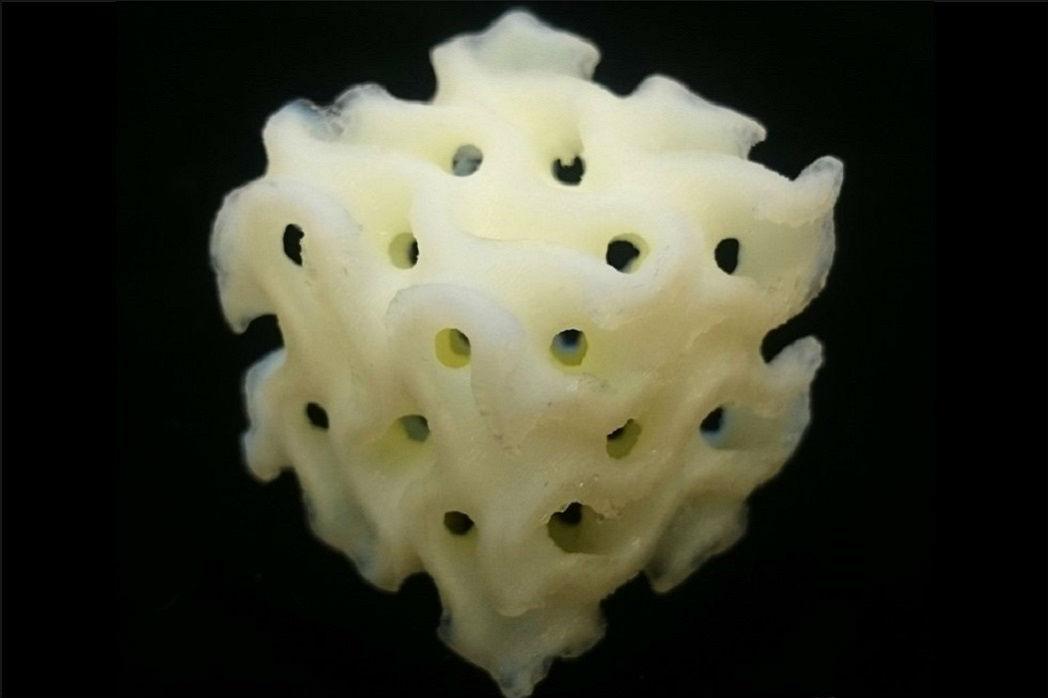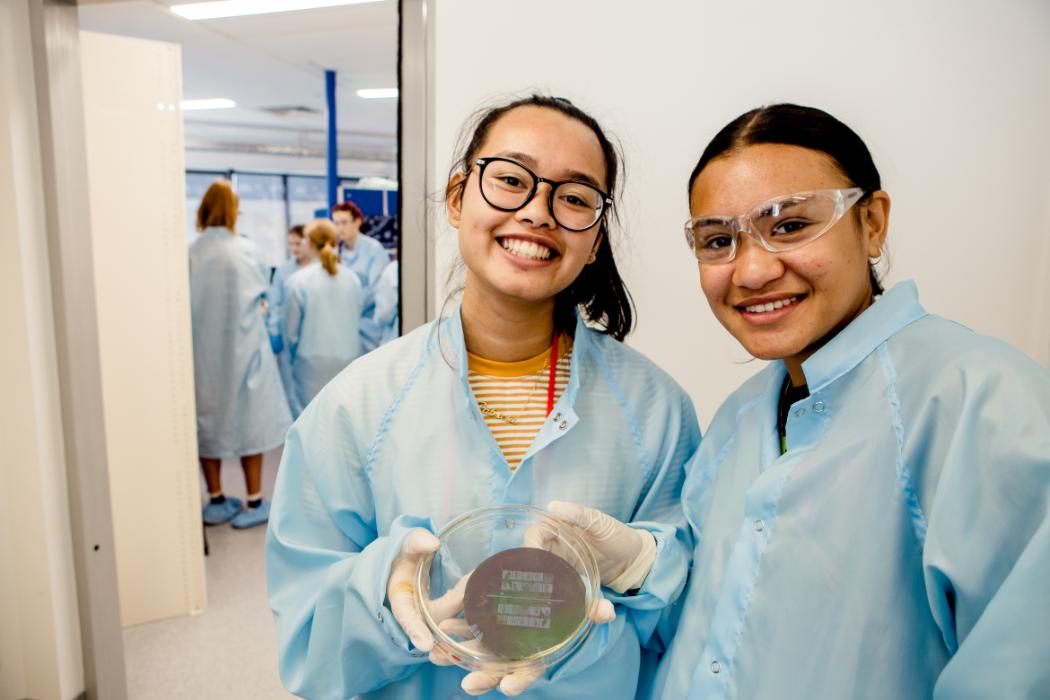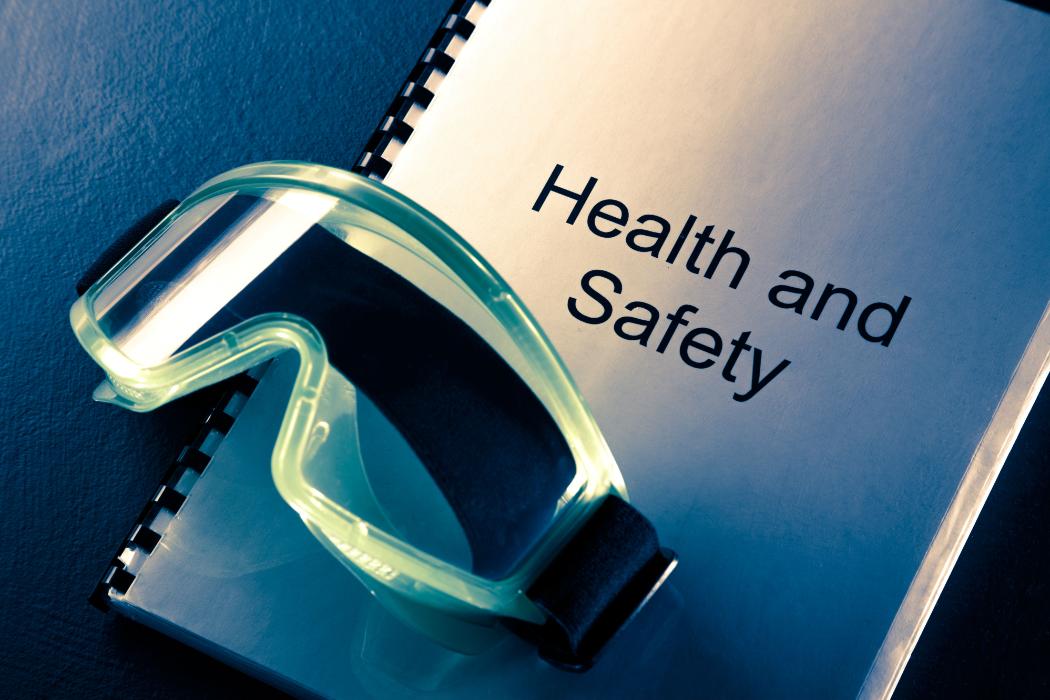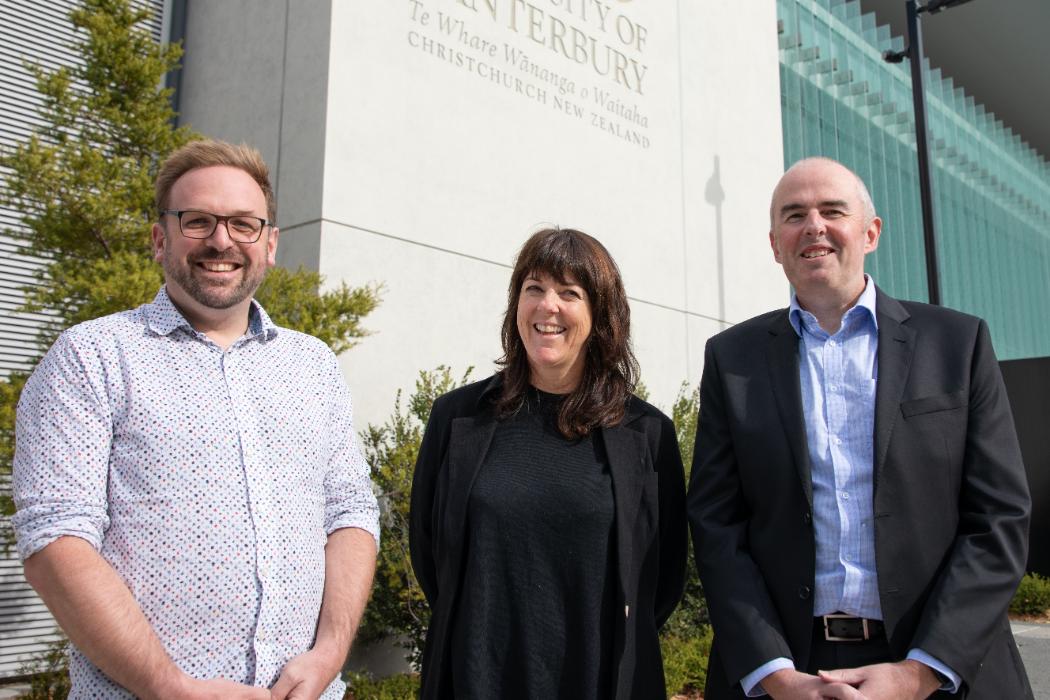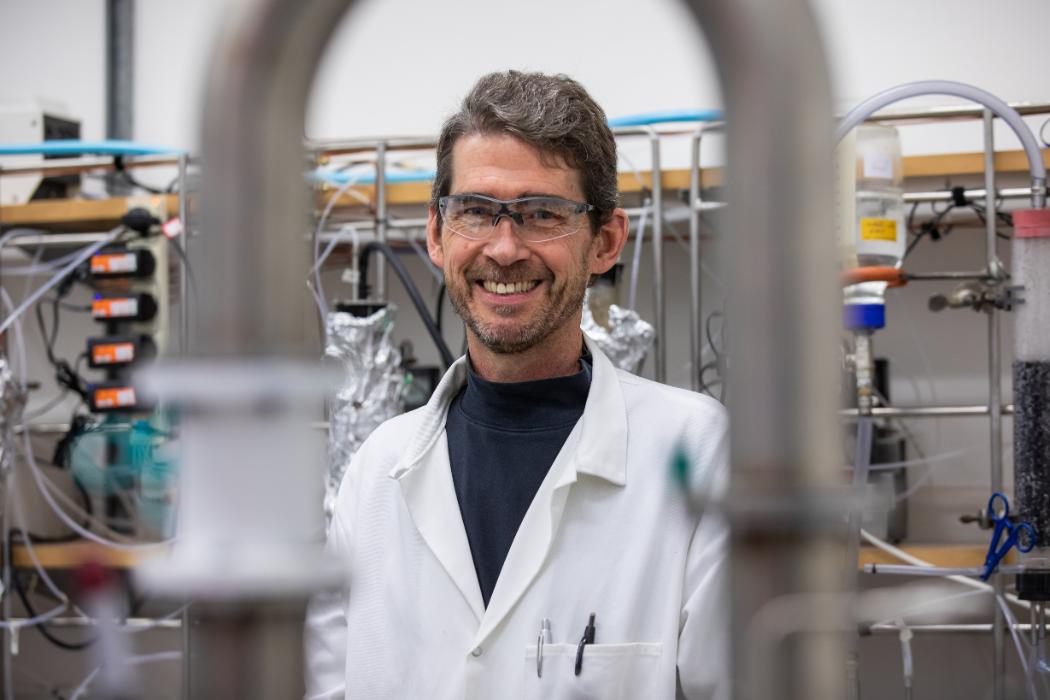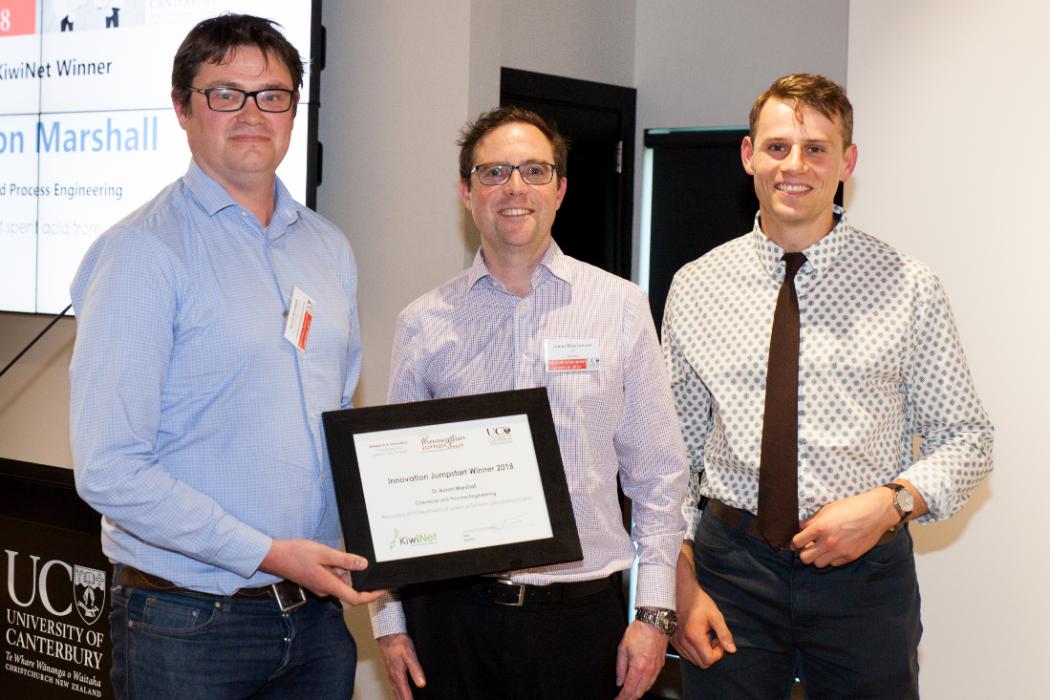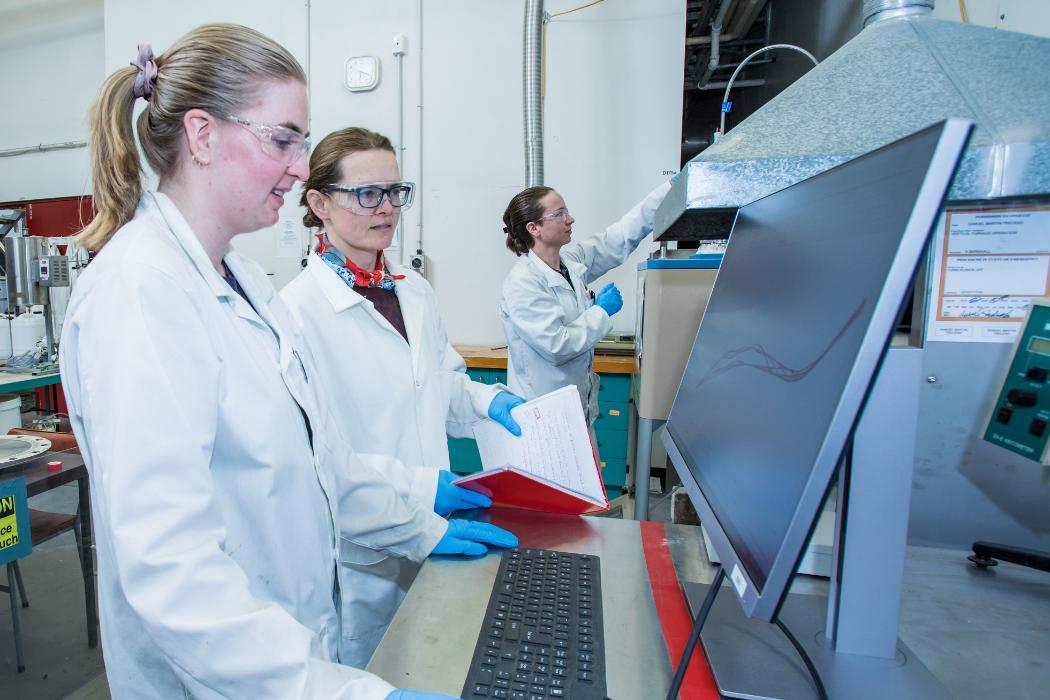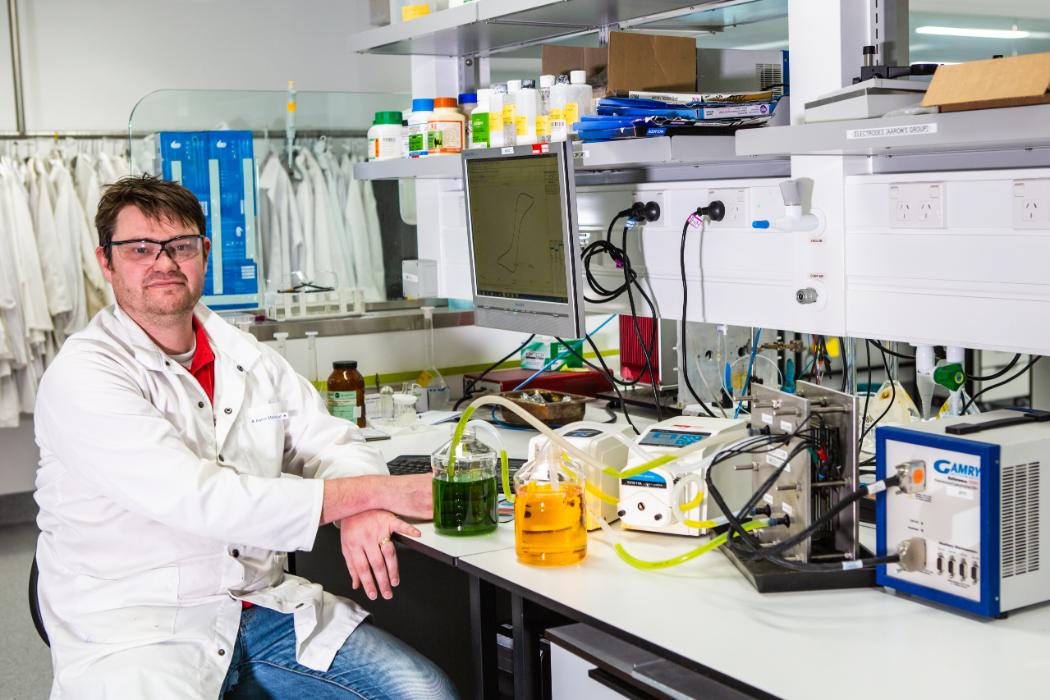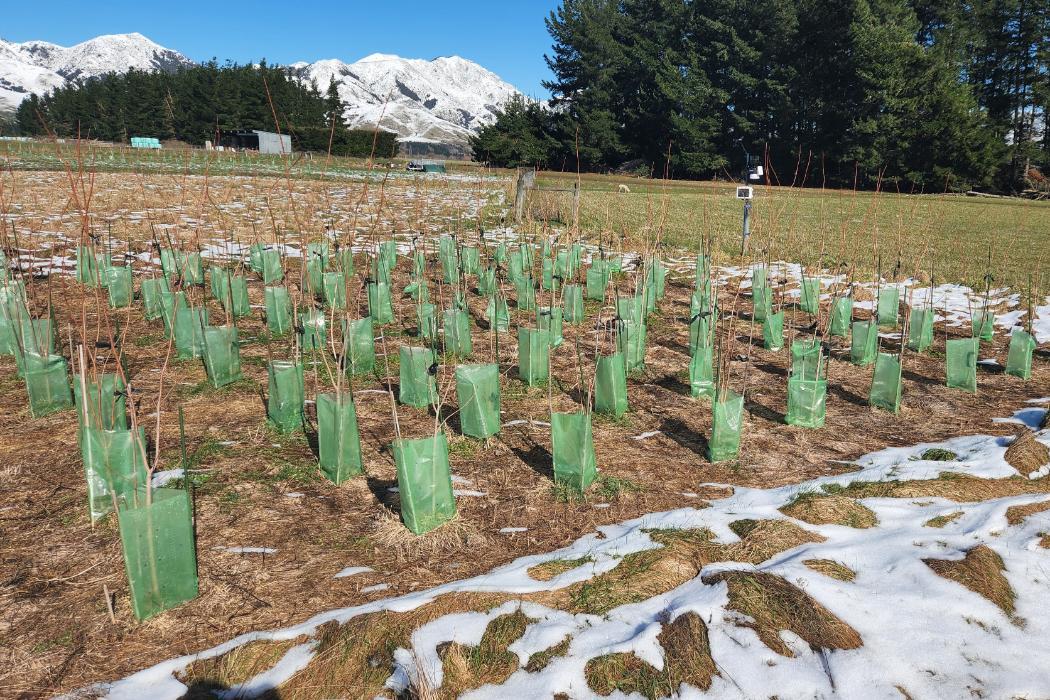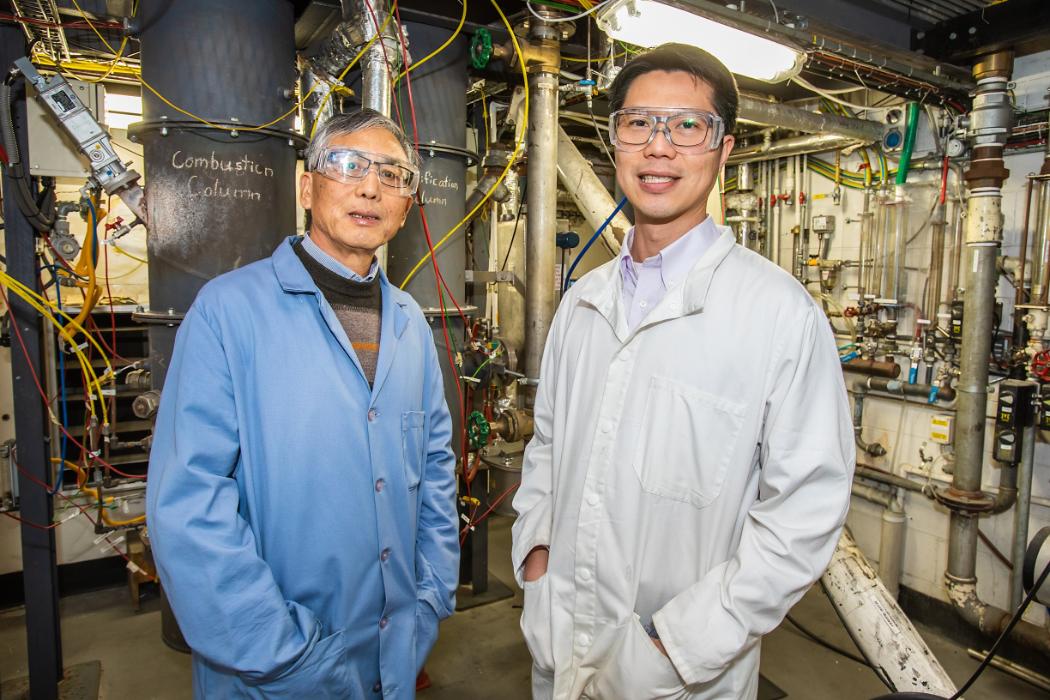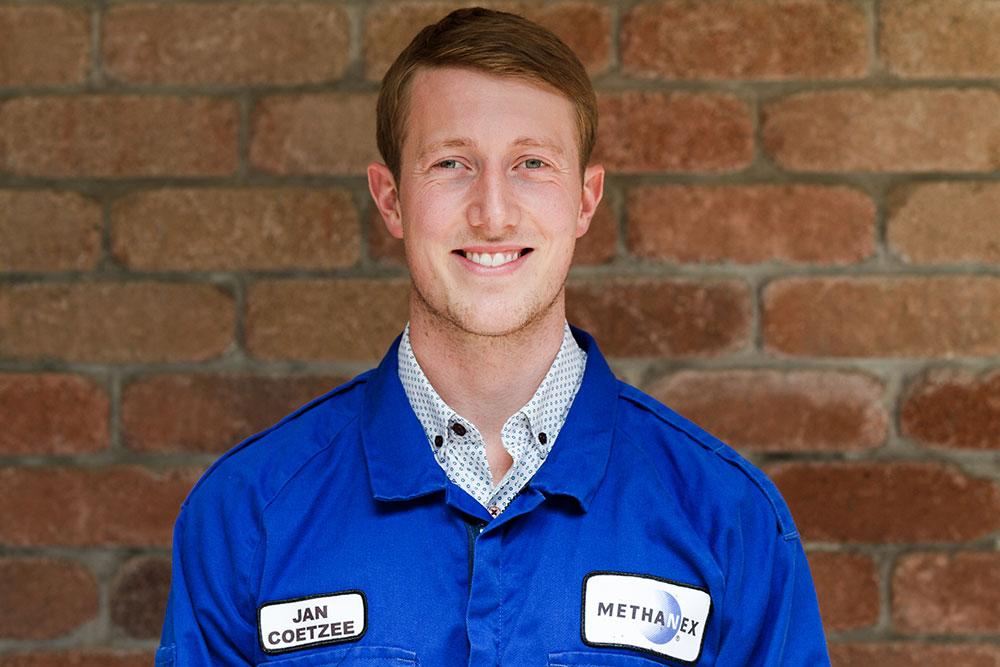Our world-leading experts are collaborating on ground-breaking research and development work. Find out what we are working on.
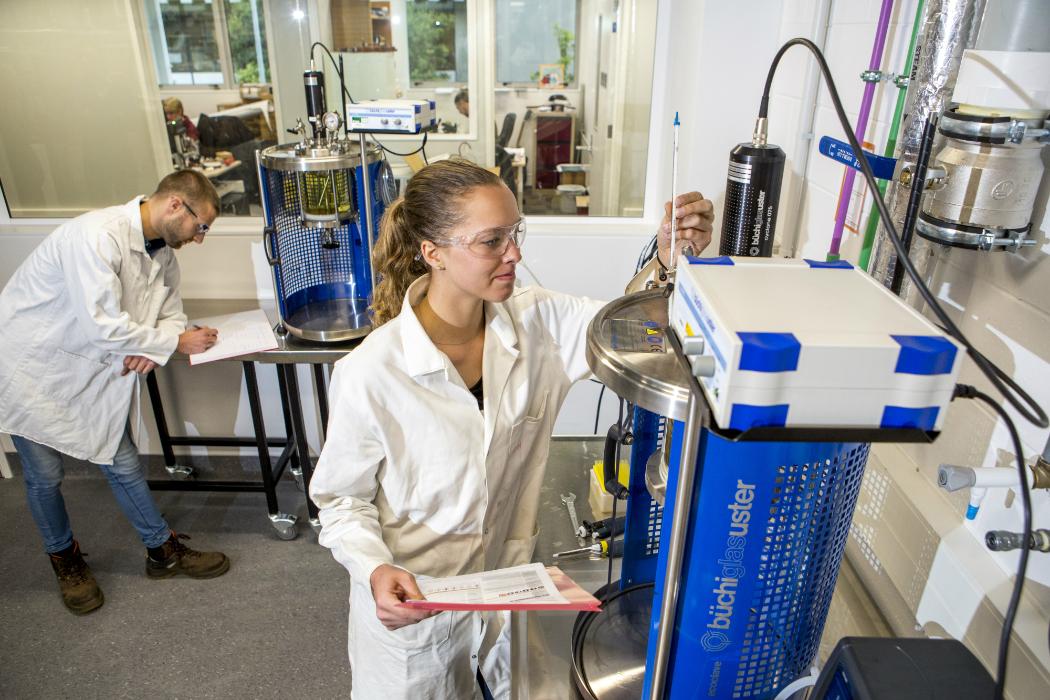

Chemical and Process Engineering department
Te Tari Pūhanga Tukanga Matū
Chemical and Process Engineers develop the most sustainable production pathways to provide society with water, food, energy, and consumer goods.
We are driven by a desire to make the world a materially better place. Optimising the production and manufacture of life’s necessities, we lift populations from absolute poverty, lessen human’s impact on the environment, and make the most of our natural resources.
Our engineers are also involved in cutting-edge industries including pharmaceuticals, environmental management, energy production and management, waste processing, alternative fuel production, and nanotechnology.
Where could a qualification in Chemical and Process Engineering take you?
Engagement and careers
Find Us
11 Forestry Road, Ilam, Christchurch 8041
Chemical and Dangerous Goods Delivery
Dangerous Goods Transit Depot
University of Canterbury
Loading Bay J, West Building
15 Science Road, Ilam
Attention: Chemical and Process Engineering Department
